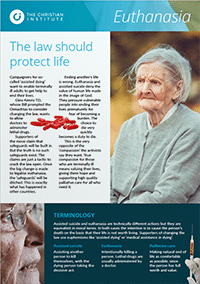Brain dead patients should be kept alive so their organs can be harvested for transplant, according to controversial new plans by a professional body for doctors.
The British Medical Association (BMA) thinks the contentious practice, known as elective ventilation, could be used to tackle a shortage of organs.
But Professor Nadey Hakim, of West London Transplant Unit, said: “It’s not ethical keeping someone alive. They’re brain dead and you have to remember there’s a family next door in tears.
Bizarre
“I find it bizarre that the BMA wants to push for something so unpopular. This is how we kill any desire for people to become donors.”
And Katherine Murphy, of the Patients Association, said: “The failures of the current ways of working are no reason to do away with a patient’s fundamental right to decide what happens to their own body”.
Currently those who wish to donate their organs opt in by signing an organ donor register, but the BMA favours a system of presumed consent.
Contentious
The contentious proposals, by the BMA’s Medical Ethics Committee, were contained in a report examining the future of organ donation in the UK.
Another proposal is that the hearts of people who have died could be re-started as a way to increase the number of available organs.
And the group is considering developing guidelines for harvesting the hearts of babies under three months old.
Donors
Dr Tony Calland, Chairman of the BMA’s Medical Ethics Committee, said: “There needs to be a public debate on what will work for the UK so that people on the transplant list do not die waiting for a donor.
“These are complex issues that throw up many ethical challenges. It is important that society discusses them openly in a reassuring way.”
Last month Welsh church leaders united to criticise proposals for a system of presumed consent in Wales.
The Church in Wales, the Roman Catholic Church and the Wales Eastern Orthodox Mission responded to the Welsh Government’s consultation on the matter by warning that the proposals could “alienate” potential donors.


